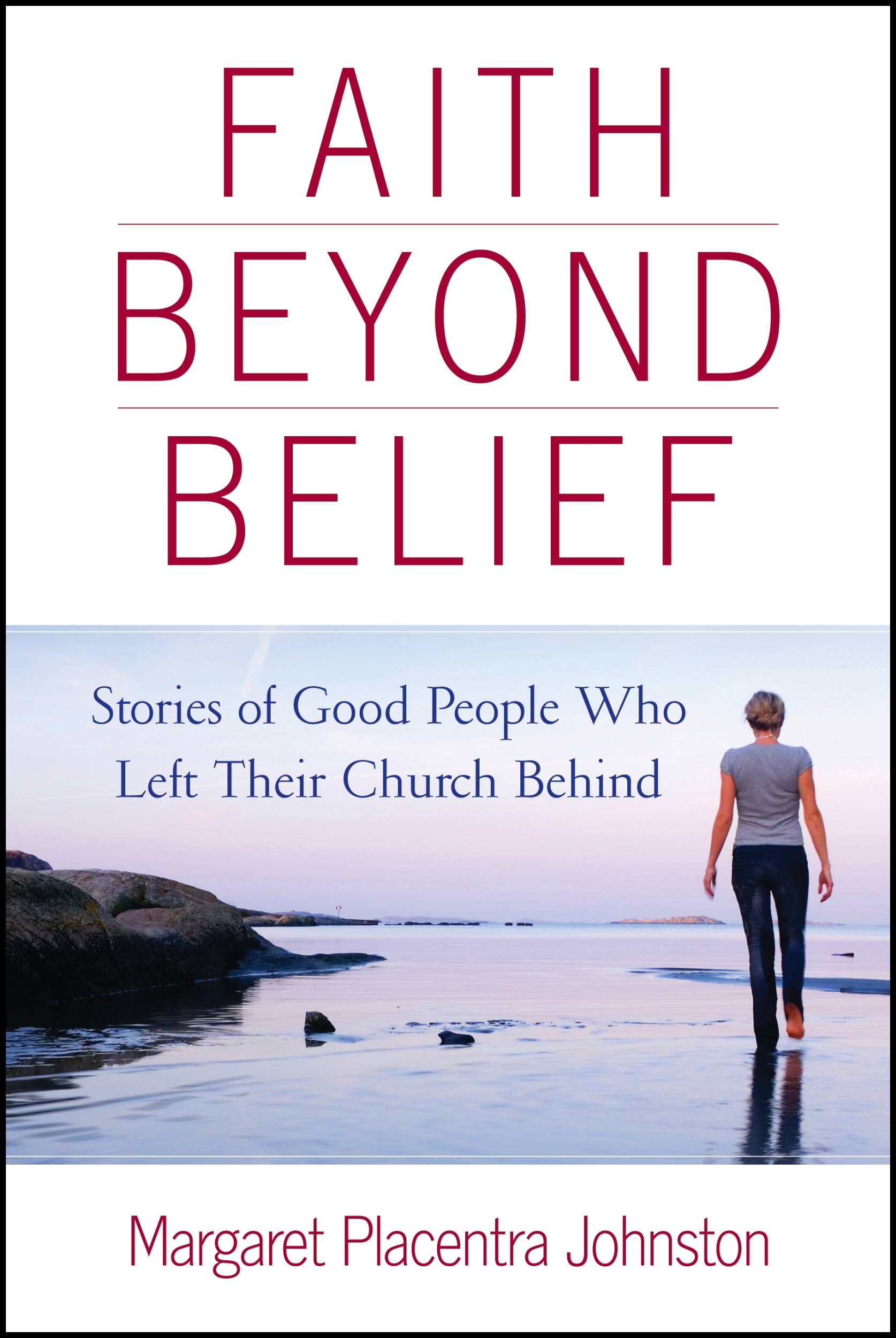Patheos is asking bloggers to write about a defining moment. Here is one of mine, excerpted and abridged from my book.
Begrudging Wisdom
The fearsome, yet somehow oddly thrilling words jumped right off the page, crept stealthily past the obviously snoozing hogwash detector in my brain, and spoke directly to my heart: “Stage IV men and women will enter into religion in order to approach mystery…” I grasped the book a bit more tightly, reread the words, then threw it down. A prickly sensation worked its way up my spine. My heart rate kicked up a notch.
“Stage IV indeed! What nonsense!” If this Stage IV thing was valid—and if it involved religion—it meant I had been wrong, real wrong for almost my entire adult life. For years I had said too much, a little too loudly, without having the full picture. My rational mind sought frantically to reject this assault on my certainty, and my long-held atheism. But, to my dismay, there was no way to push this budding truth back down once it had poked its way up to the surface.
But an odd sense of gratitude was arising through my anger and embarrassment. My conflicting emotions were directed at the now-deceased M. Scott Peck and his book, which lay in my hand that day in the early Nineties was: The Different Drum: Community Making and Peace.
Just before I had reached this page, Peck had been expounding on the concept of spiritual growth, outlining some very specific stages a person might go through on the road to spiritual maturity.
In Peck’s scheme, Stage I, the Chaotic, Antisocial Stage—was something through which we all supposedly pass as children, but which sometimes persists as a stage of arrested development in an adult. Here the individual is basically manipulative and self-serving, unprincipled and governed only by his or her own will.
In Peck’s Stage II – the Formal, Institutional stage – the person has submitted himself to the governance of a formal institution or “church.” People in this stage are very attached to the outward forms of their religion. They very much need stability and do not deal well with changes in the structures of their religion – or with changes in society for that matter. Their God is a legalistic, punitive person-like figure, completely external to, and separate from, the believer’s own being.
Then, in Peck’s Stage III – the Skeptic, Individual Stage, the person has likely asked the hard questions about religion, and may have become a nonbeliever. The Stage III person is self-reliant and will not likely accept religious truths proffered by others. Individualistic and independent, deeply committed to principle (such as truth or justice), this person has completely internalized such values, and has no need of a formal belief system, or rules from a church that limit behavior. Generally self-governing and taking a scientific approach to life and philosophy, the person in Stage III is an active seeker of truth.
So far, Peck’s explanation of these stages was a huge hit with me. I had moved to this skeptic, individual Stage III at age twenty, and had been a card-carrying, flag-waving atheist for most of my adult life. I now sensed the truth in everything Peck said. I could even recall elements of my earlier life that corresponded well with Peck’s Stages I and II. I was sure of my superiority over those “weak” folks in the “lower” stages, who depended on organized religion to define their life and govern their behavior. By the time I got through the part about Peck’s Stage III in The Different Drum, all I could think about was how valid this concept of religious stages was.
But then…I turned a page, and read what happens when the truth seeker in Stage III keeps seeking. “[T]he more pieces [of the puzzle of life] they find,” Peck wrote, “the larger and more magnificent the puzzle becomes. Yet they are able to get glimpses of the ‘big picture’ and to see that it is very beautiful indeed—and that it strangely resembles those ‘primitive myths and superstitions’ their Stage II parents or grandparents believe in. At that point they begin their conversion to Stage IV.
Ugh! Stage IV!! Could there really be a group more spiritually “mature”—and therefore more “right” about belief in God—than I was? I could see through the motivations of most of the religious people I knew, and could sense that they approached religion to deal with their own fears, and the need for definite answers. I knew that having dismissed that type of religion had been a growth step for me. And now, this guy Peck was saying some religious people had grown beyond the stage I was at?
The Stage IV person, Peck said, had dispensed with the need for definitive answers. Rather than enter into religion to obtain answers, like the Stage II person, or reject religion because it can’t be proven, like the Stage III person, the Stage IV individual would enter into religion to further embrace an ongoing Mystery. Stage IV individuals, Peck said, see an invisible fabric connecting everyone and everything in the universe, and see the universe as one community to which we all belong. And they realize that it is precisely the lack of this awareness among other people that “divides us into warring camps.”
A nagging feeling prevented me from dismissing this notion of Stage IV spirituality as the nonsense my rational mind wanted me to think it was. I was so happy and satisfied with my lack of belief. Who needed this Stage IV? I fought and I fought to dismiss this notion of spiritually mature Stage IV’s who were all about Unity and included God in their lives.
But much as I was loathe to admit it, I finally decided that a Stage IV person might have something to teach me. But where were my Stage IV role models? Surely I had never met one. And I didn’t really get how their acceptance and inclusiveness meant they had a better answer about the existence of God! If they were into seeking Mystery, did that mean they were not sure who God was? Did it mean there was a God, or not? Peck’s books did not make this clear at all.
To my surprise, the more I studied the issue, the more intriguing it became. Over time, I gradually began to understand that the godless world I thought I had all figured out in my twenties was not nearly as neat and simple as I had thought. Several decades later, I can look back and see where that one book by M. Scott Peck began a process that has lent unimaginable richness to my existence—however confusing and painful it was at first⎯and has led to a project⎯my own spiritual development⎯that will keep me happily occupied to the end of my days.
…And…twenty years later, I find myself an author (and a Patheos blogger) on the very topic of spiritual development. This story has been abridged from a chapter in Faith Beyond Belief: Stories of Good People Who Left Their Church Behind (Quest Books, 2012)












